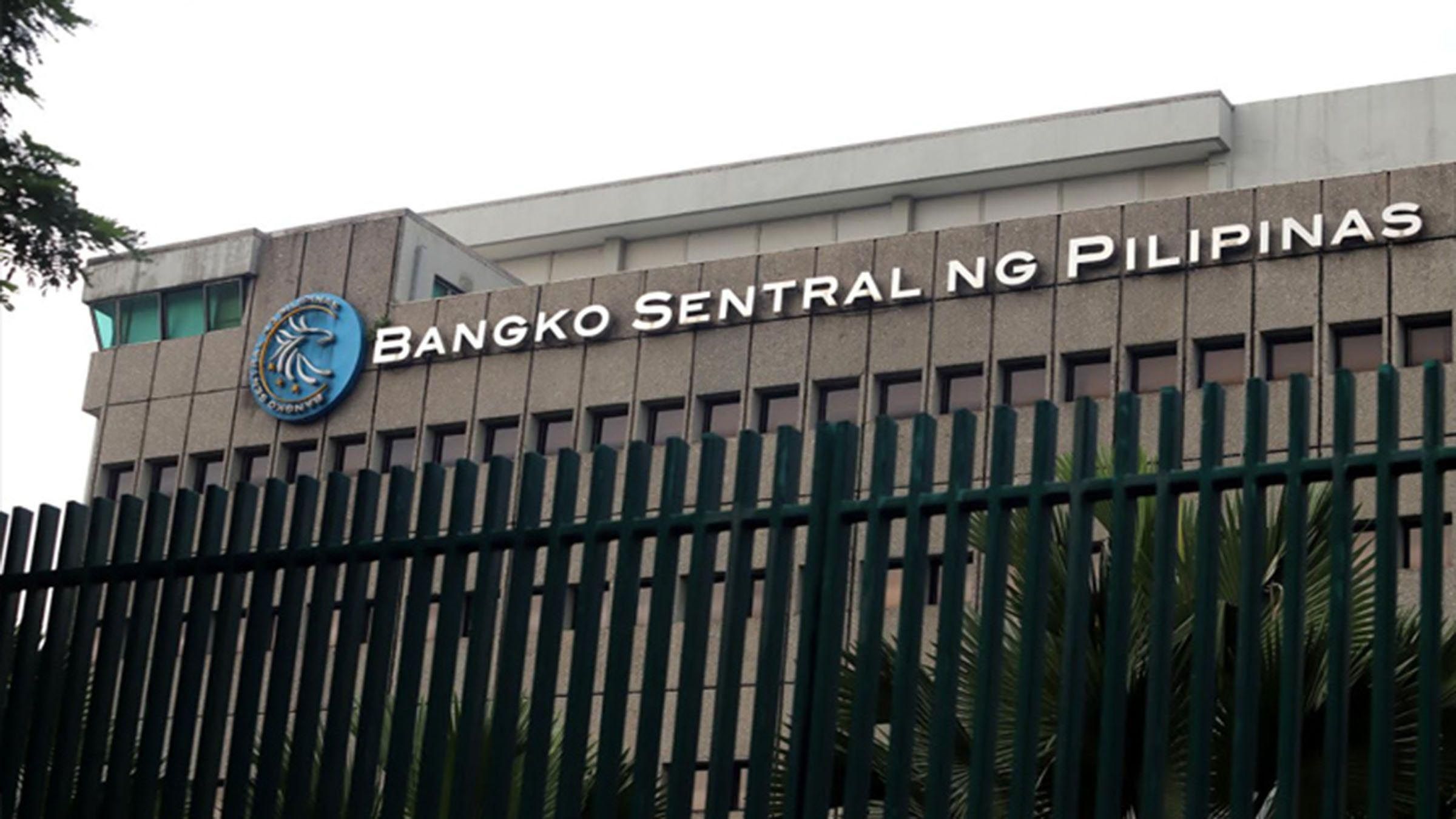The Bangko Sentral said its efforts to tame inflation could reap modest results in the first quarter because risks to inflation remain on the upside here and abroad.
As hard as it wanted to bring down inflation, through policy rate hikes, the Monetary Board, policy-making body of Bangko Sentral, does not see inflation easing in the near term which is why it decided on its December 15 to increase policy rates by 50 basis points to 5.5 percent overnight reverse repurchase rates, which brings interest rates to 5 percent overnight deposit and 6 percent to overnight lending rates.
The highlights of the MB December 15 meeting were emailed to media, which showed the latest baseline inflation forecasts continue to show an above-target inflation path over the policy horizon. The updated forecast path shows inflation peaking in December 2022.
From there, inflation is seen to decelerate but remain elevated well into the first half of 2023. By Q3 2023, inflation will likely revert to within the 2-4 percent target band before settling close to the lower end of the target range in Q4 2023 and Q1 2024, largely due to base effects. Thereafter, inflation will stabilize and return to the midpoint of the target by Q2 2024.
The Monetary Board noted that, at present, inflation remains high and broad-based, as seen in the sharp increase in core inflation and the further rise in inflation expectations.
The risks to the inflation outlook are strongly tilted to the upside in 2023 but remain broadly balanced for 2024. Amid broad-based inflation pressures, persistent upside risks to inflation, and elevated inflation expectations, the Monetary Board deemed it necessary to take aggressive monetary action to bring headline inflation back to within target as soon as possible. Continued monetary tightening will also provide a cushion against external spillovers even as major central banks have signaled a possible slowing down of monetary policy tightening, it said.
To mitigate the effects of persistent supply-side pressures on commodity prices, the Monetary Board also noted the continuing need for timely nonmonetary interventions by the National Government in alleviating supply-side shortages and strengthening farm productivity.
The Philippine economy is expected to remain on a recovery path over the near term. GDP growth is projected to settle within the DBCC’s targets for 2022 and 2023, but slightly below the 6.5-8.0 percent target for 2024.2 The slower growth is mainly due to the lower global GDP growth assumption for 2023 and the impact of the policy rate adjustments of the BSP.
Domestic labor market conditions continued to show overall improvement, with the unemployment rate declining to 4.5 percent in October 2022 from 5.0 percent and 7.4 percent a month ago and a year ago, respectively.
Nationwide average retail rice prices increased in November 2022 based on the results of the 2018-based PSA Retail Price Survey (RPS) covering all provinces and key cities in the country. The uptick in average rice prices in November 2022 was attributed to the lingering impact of agricultural damages and losses left by strong typhoons that hit the country during the main harvest season.
Prices of key food items have risen as lingering supply-side issues and spillover effects of the Russia-Ukraine conflict have led to persistent global supply chain bottlenecks and soaring prices of fuel, feeds, and fertilizers. Likewise, the country’s vulnerability to natural calamities and animal diseases continue to weigh on agricultural production. To cushion the impact of these challenges on the country’s food security, the National Government has implemented crucial non-monetary measures to fill short-term supply gaps (e.g., temporary reduction of tariff rates and timebound increase in import volumes and expansion of import sources) and boost local production (e.g., longer-term productivity-enhancing programs).
Based on the latest assessment as of 10 November 2022, prevailing La Niña conditions will likely persist through February 2023 and then transition to ENSO-neutral conditions by February-March-April 2023 season. Nonetheless, continuing La Niña conditions may pose the risk of more frequent tropical cyclones and sustained flooding, which could adversely affect the agriculture sector, as well as present upside pressures on inflation. On the other hand, above-normal rainfall conditions associated with La Niña may also boost water supply in harvest areas and thus potentially enhance agricultural production.
Fiscal consolidation continued as the National Government (NG) recorded a deficit of P1,1111.8 billion for January - October 2022, 7.6 percent lower than recorded in the same period in 2021. Netting out the interest payments, the primary deficit amounted to P678.7 billion, 18.5 percent lower than the amount recorded in 2021.
Global economic activity contracted faster in November due to further declines in manufacturing output and service sector revenues amid a broad slump in business activity in major economies such as the United States, the Euro Area, United Kingdom, Japan, China, and Brazil.
Global economic output contracts for the fourth consecutive month amid a broad slowdown in business activity. The JP Morgan All-Industry Output Index fell further to 48.0 in November from 49.0 in October, reflecting the contractions in output, new business, new export business, and outstanding business. Although price pressures have eased amid the decline in input costs and selling charges, businesses recorded lower revenues as rising interest rates, prolonged geopolitical risks, elevated inflation, and heightened market volatility weighed on private demand. Nonetheless, the global economy's rate of contraction was partially offset by the faster expansion in India.
Amid major central banks’ aggressive monetary policy tightening, global financial conditions have also continued to tighten. Several central banks have raised their respective key policy rates in November to address persistent and broadening price pressures as well as to anchor inflation expectations.
Tags: #MB, #BSP, #inflation, #risks, #policyrates

